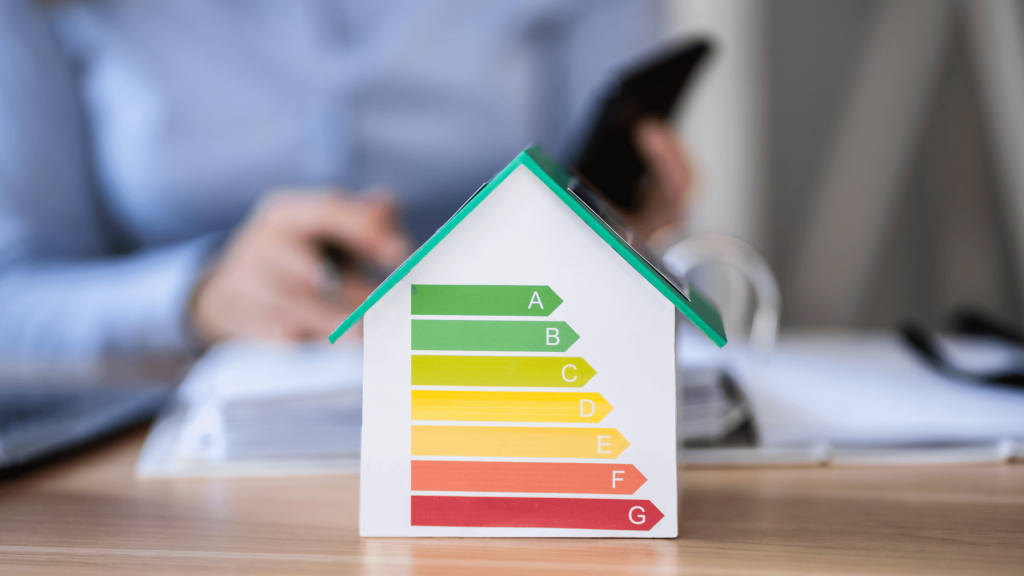Energy Efficiency Audits: Reducing Bills and Supporting Sustainability

Energy costs can take up a large portion of household and business expenses. An energy efficiency audit is a practical way to identify where energy is being wasted and how to reduce consumption. By making targeted improvements, it is possible to cut monthly bills while supporting a more sustainable way of living.
What an energy audit involves
An energy audit examines how energy is used in a building, from lighting and heating to appliances and machinery. Auditors use tools and measurements to detect inefficiencies, such as poor insulation, outdated equipment, or unnecessary power usage. The goal is to create a clear picture of where improvements can be made.
Finding opportunities for savings
Once the audit is complete, the results highlight specific actions that can reduce energy waste. This may include upgrading lighting to LED, improving insulation, installing timers on equipment, or replacing appliances with more efficient models. Each change contributes to lowering overall energy consumption.
The link to sustainability
Reducing energy use does more than save money — it also decreases the demand on power plants, which lowers greenhouse gas emissions. This makes energy efficiency audits an important step in building a more sustainable environment, whether for a home, office, or industrial facility.
Long-term benefits
Investing in efficiency improvements pays off over time. Lower bills, improved comfort, and reduced environmental impact make an audit a valuable tool for anyone looking to manage their energy use more wisely.
